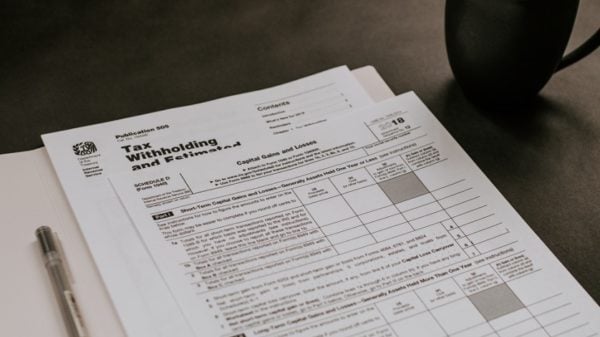An executor plays a crucial part after the testator passes away, including the tasks of paying creditors, trailing down assets, and ensuring the beneficiaries mentioned in the will shall receive property to which they have legal right to own. If you are new to a will executor’s duties, you can find several questions already asked by other people.
FAQ #1: What is an executor?
An executor is a person who is mentioned in a will or appointed by the court, which is handed the legal responsibility to take care of a deceased person’s outstanding financial commitments. If you are named in a will as an executor, you will need to take care of everything that the deceased person has left, such as paying the remaining bills and taxes. Most of the time, executors are family members, parents, children, and spouses being the common executors.
FAQ #2: What are the usual responsibilities of an executor?
Apart from paying the bills and taxes, executors will usually perform several functions, with the money to act out the duties comes from the estate:
• Maintaining the property until the estate is resolved
• Dispensing assets following the deceased person’s will
• Show up to court appearances for the estate
FAQ #3: Can a person refuse the responsibilities of being an executor?
The person mentioned in the deceased person’s will can decline the responsibilities of being an executor. Furthermore, a person who first accepted the executor role can resign at any given moment. If you plan on writing your will, it would be best to name additional executors. Otherwise, the court will designate a replacement executor if your initial executor choice declines the responsibility for any given reason. Ensure that you can rely on your executor if you do not want the court assigning an executor to handle everything.

FAQ #4: Do executors get compensation for their tasks?
Typically, some executors can do their duties without any compensation. However, executors are entitled to be compensated. Some executors do not need or ask for compensation because they are usually close relatives and family members who will perform the tasks and duties out of respect for the deceased member who wrote the will. But if an executor demands compensation, they will get paid according to the compensation set by state law, and what a probate court chooses is reasonable under the conditions.
FAQ #5: Do executors need a lawyer with them?
Most of the wills of a deceased person are straightforward and do not require anything complicated. Even if you put the will through probate court, the paperwork required does not have a legal degree. But if there are complex property issues, disputes, etc., then it is highly advised that an executor must seek professional assistance from a lawyer. They can use the lawyer to ask legal questions.
You will not have any problems when you are mentioned as an executor after reading the different FAQs about an executor’s duties.


































































